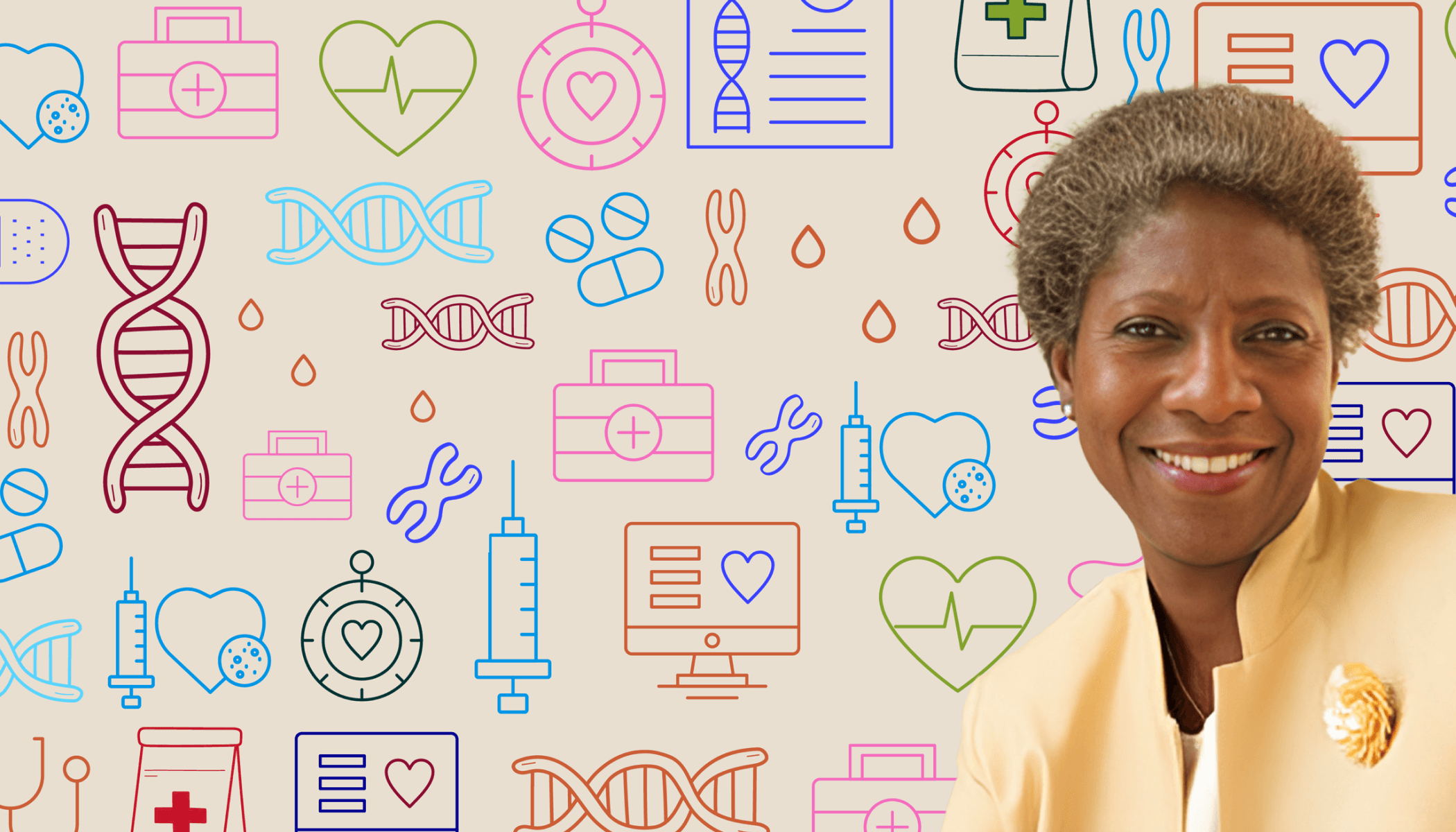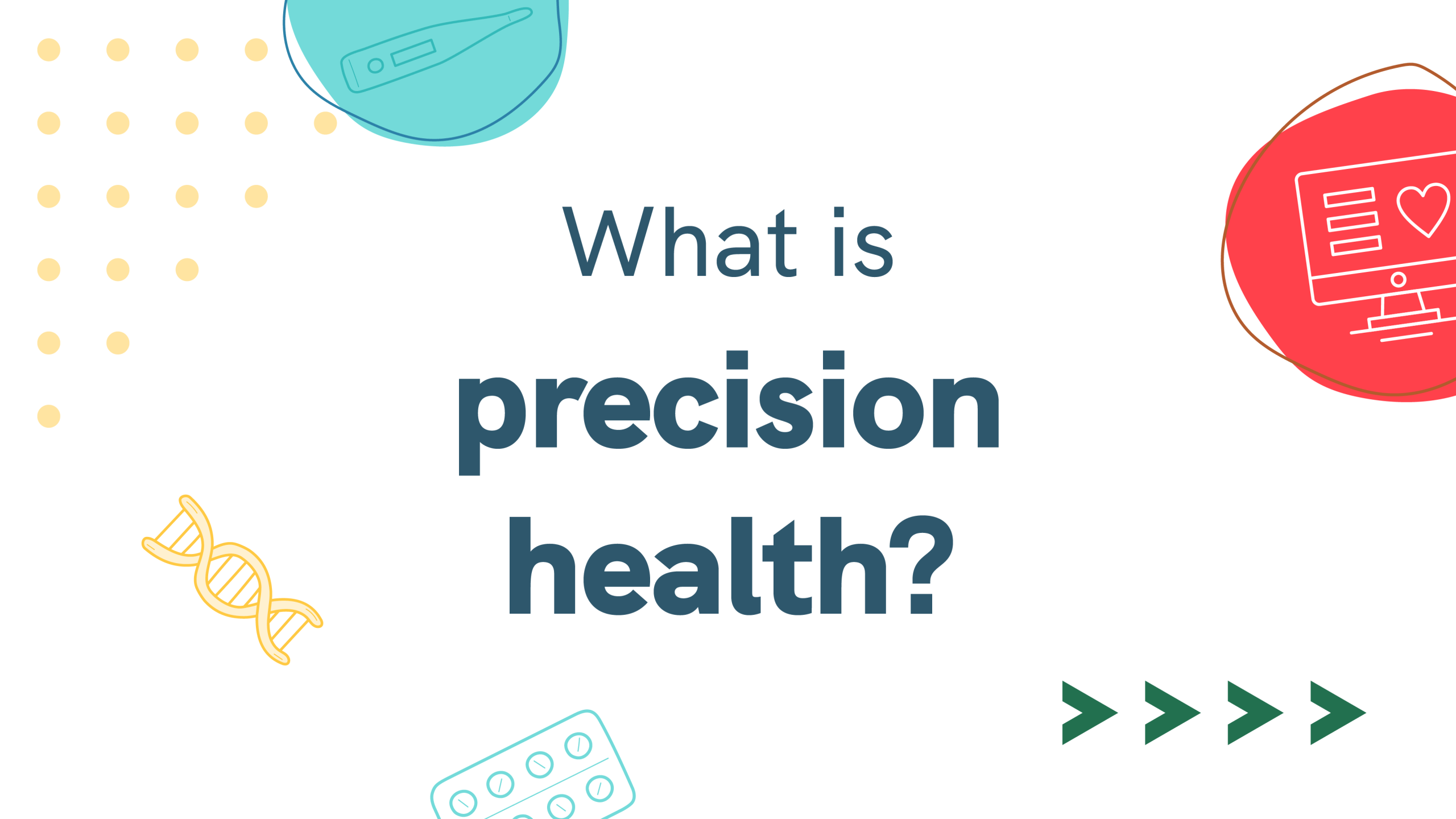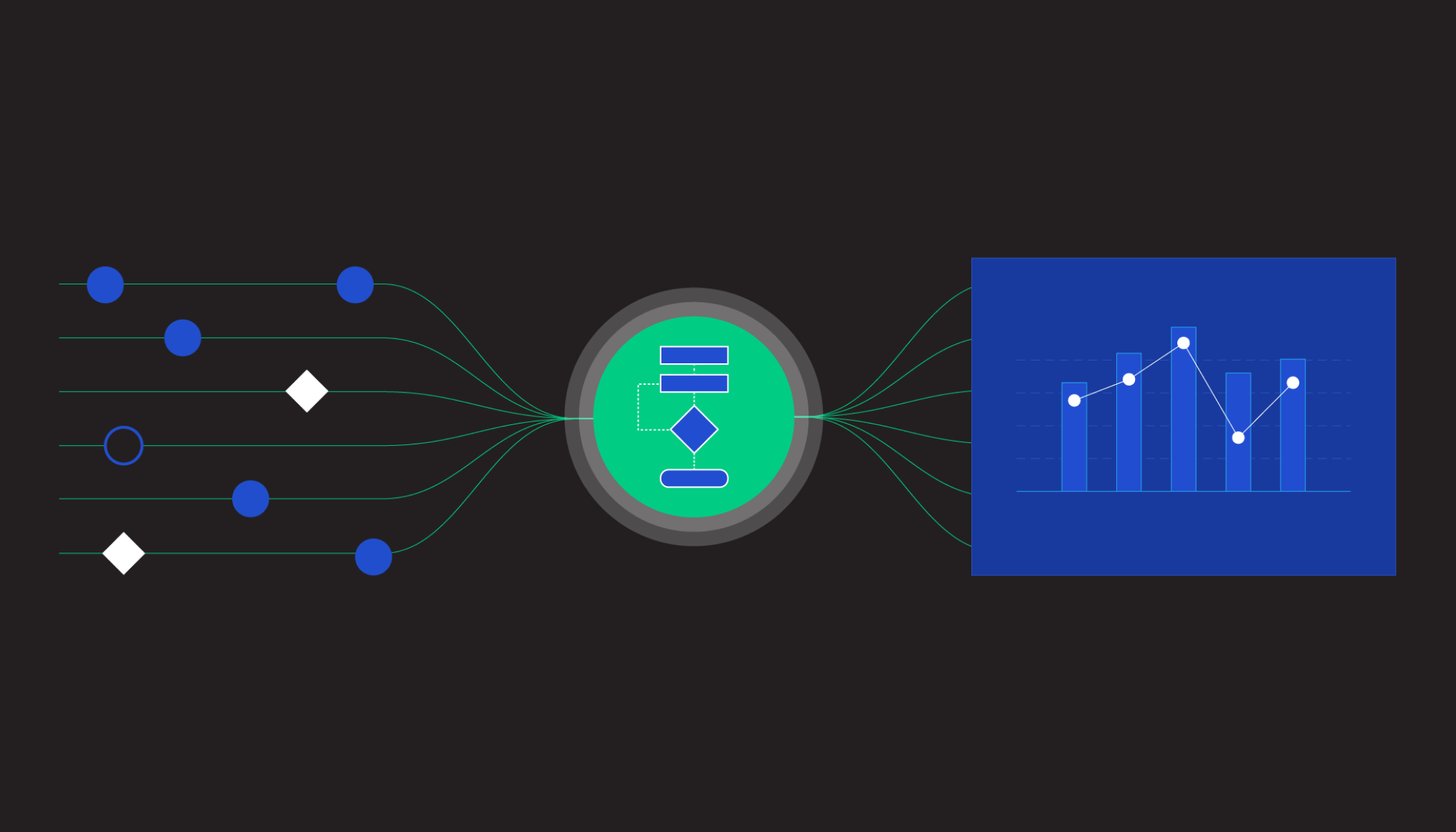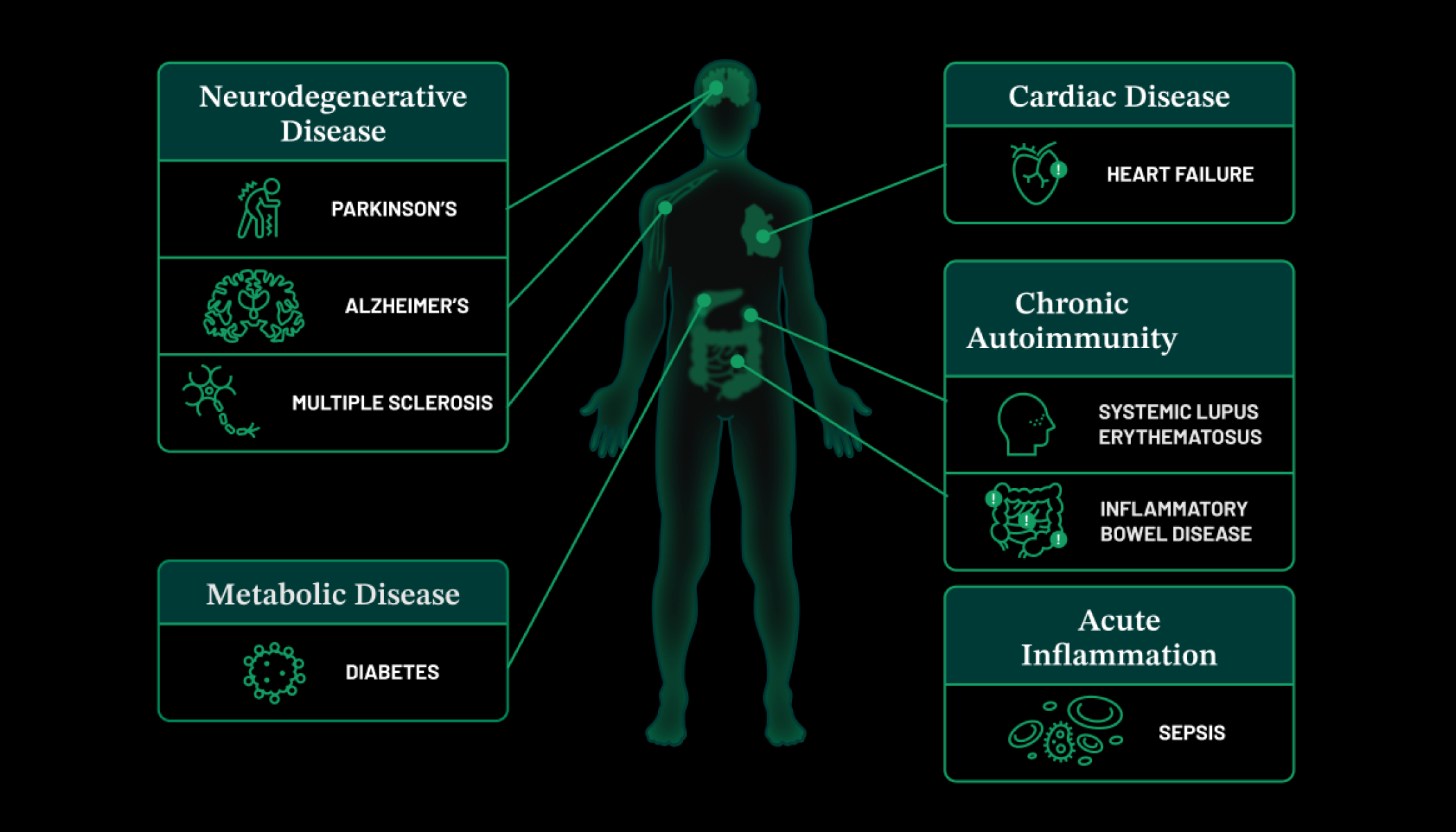Dec 20, 2022 · 3 min read
What Are Genomics and Precision Health? Here’s Your Guide
Dr. Hannah Valantine, CZI’s senior science advisor, answers questions about genomics, precision health and diversity in science.

One of our north stars at CZI is to cure, prevent or manage all diseases by the end of this century. To achieve this, we support different types of scientific research to deepen our understanding of human health and disease — including a focus on genomics.
With genomics research, scientists and clinicians can study multiple genetic factors’ role in complex diseases like cancer, diabetes and cardiovascular disease. Genomics is also essential to precision health, helping doctors and researchers advance an increasingly tailored approach to healthcare based on differences in people’s genes, environments and lifestyles.
While there’s been a great deal of progress in genomics, there are gaps in knowledge that the scientific community is working to address. Historically, the people who have provided their DNA for genomics research overwhelmingly had European ancestry. Efforts are underway to make genomics more representative of different communities across the globe.
Diversity, equity, inclusion in genomics research ultimately leads to superior science and innovations that help not only groups that are underrepresented in science, but everybody.
The National Institutes of Health’s All of Us Research Program is working to build a diverse health resource. The Global Alliance for Genomics and Health is developing a framework for storing, analyzing, and sharing genomic data among international researchers. The Human Cell Atlas aims to be a resource for all cell types found in people worldwide.
Read more: Biology’s Most Ambitious Map Yet: What Is the Human Cell Atlas?
To support the effort to increase diversity in genomics, CZI launched Accelerate Precision Health — a new partnership with the nation’s four historically Black medical colleges. The partnership will help increase representation in genomics research and expand the population that can benefit from precision health.
We spoke with Dr. Hannah Valantine, CZI’s senior science advisor, to learn more about the importance of genomics, precision health and representative science.
This conversation was condensed and edited for clarity.
What is genomics?
Genomics studies the structure, function, mapping and editing of genes. It is an interdisciplinary field, bringing together expertise from various areas — including genetics and medicine. The field of genomics stems from the results of the Human Genome Project, completed in 2003. The Human Genome Project generated the first sequence of the human genome, giving us a readout — almost like an alphabet of the human body — that dictates how cells function. Considered one of the greatest scientific feats in history, it has accelerated our understanding of human biology and advanced prevention strategies and treatments for different diseases.
Why is genomics important for healthcare?
Much of the work and the research that will help us cure, prevent or manage disease will require genomic tools. These tools allow us to make predictions about certain disease states, diagnose diseases, and tailor treatments accordingly. Before we had the results of the Human Genome Project, there was a tendency towards a one-size-fits-all approach to healthcare. However, one size fits all does not consider differences in genetics, health conditions, environment, family history, or individual preferences in patient treatment needs.
A classic example comes out of my field in cardiology. We often use blood thinning medication to prevent blockages of the coronary arteries. However, it turns out that people of both Asian and African ancestry typically need a different dose to receive the same level of effectiveness of the medication. There are little changes in DNA sequences between these populations that dictate the way the body’s liver enzymes metabolize the medications. Genomics allows us to account for these differences in DNA sequences for more effective care. It is an important area for all of us, and it will continue to make a big difference in how we manage patient care and in how we do our research.
Accelerate Precision Health is aimed at increasing diversity in genomics. Why is this important?
Research that includes a diversity of participants is better science. It’s representative science. It results in better knowledge that is more applicable across a broad sector of the population.
For example, when researchers were looking for newer and more powerful cholesterol drugs, they searched genomics data for any hints of genetic changes related to cholesterol metabolism that could be targeted to reduce cholesterol. It was a clever approach, yet they found no leads until they realized the genomes being looked at were predominantly from people of European ancestry. When they looked at genomes from people of African ancestry, they found a beneficial mutation that had some protective effects on cholesterol levels. That discovery led to the development of a new set of medications called PCSK9 inhibitors, which are now the most powerful cholesterol-lowering drugs that you can have. If they hadn’t looked and included genomes from people with African ancestry, these life-saving drugs would never have been found.
CZI’s mission to cure, prevent or manage all diseases implies all diseases in all people. And so, this is what brings us into the idea of precision health in that if we are going to be successful in that mission, we then must be using these tools in all groups and in all kinds of research, especially the most fundamental research.
An example of how this applies in future research is by looking at different kinds of cancer. For instance, triple-negative breast cancers are very aggressive cancers that are more common in women of African ancestry. Researchers are studying the characteristics of triple-negative breast cancers in women of African ancestry, which may lead us to better cancer treatments that benefit everyone.
What is precision health, and how does it relate to genomics?
At the core, precision health is a model for customizing healthcare and medical decisions. Instead of a one-size-fits-all approach, it allows us to tailor treatment and prevention strategies to particular subgroups of patients by integrating information about their genes, environments, and lifestyles. Precision health also involves more accurately predicting what type of care for a particular disease will work best, and in which populations of people, which is crucial to improve health outcomes for all.
An example already used today involves clinicians taking a biopsy of a cancer from a patient. From the biopsy, they can identify the genomic markers of that particular cancer and match them to a treatment known to work well against that specific type of cancer. That’s a very specific example of precision medicine in action already, but that’s just the tip of the iceberg. While at the moment precision health allows us to tailor treatments to a specific subgroup, the ultimate goal is to tailor care to the individual patient.
What excites you most about the Accelerate Precision Health program?
CZI is all about developing and supporting new research, institutes and technologies to measure and observe human biology in new ways. As we approach this work, we must study a diverse and inclusive group of people. Diversity, equity and inclusion in genomics research ultimately leads to superior science and innovations that help not only groups that are underrepresented in science, but everybody. And that is the beauty and the excitement of Accelerate Precision Health.
We are now engaging communities of scientists at historically Black medical colleges who are mission-driven to educate and treat communities with African ancestry. As these historically Black medical colleges develop their capabilities in genomics they will undoubtedly make new discoveries that help us understand the biology of many diseases which should lead to new cures that benefit all people. We hope this partnership will enable us to build infrastructure in the historically Black medical colleges and allow them to unleash this fantastic genomics capability in a new community of patients.














